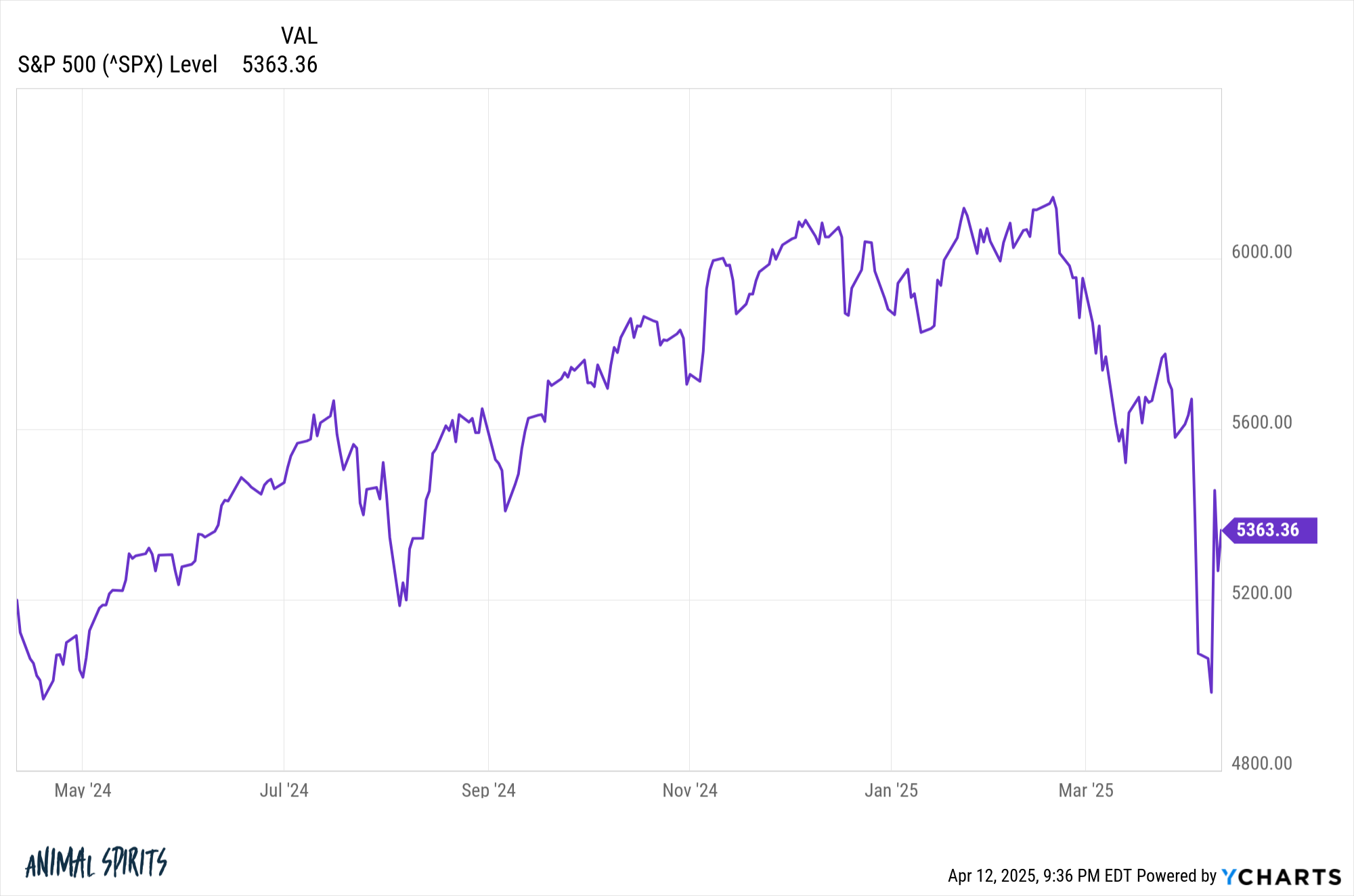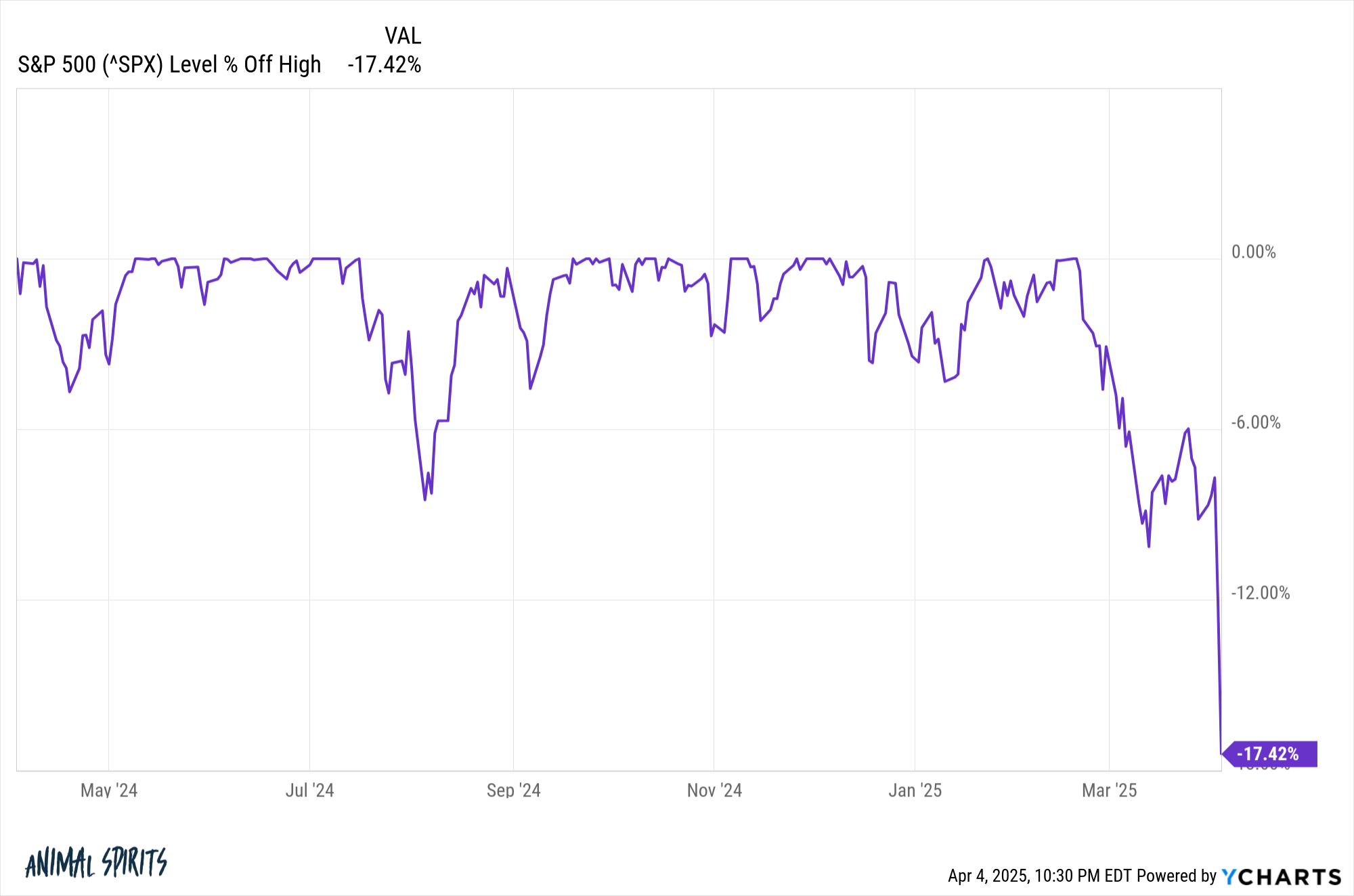3 eating habits that could help you age well—and 4 that don’t
Researchers have now found a clear link between certain dietary patterns and how healthy you age.

There is increasing evidence that what you eat impacts how long you live, but also how long you live free from chronic diseases—and researchers have now found a clear link between certain dietary patterns and how healthy you age.
The new findings, published in Nature Medicine, used data from the Nurses’ Health Study and the Health Professionals Follow-Up Study to examine the midlife diets and health outcomes of more than 105,000 women and men ages 39 to 69 over a period of 30 years.
Researchers from Harvard T.H. Chan School of Public Health, University of Copenhagen, and University of Montreal found that 9.3% of the study cohort aged healthfully, meaning they reached age 70 free of 11 major chronic diseases—including cancer (except for non-melanoma skin cancers), diabetes, heart attack, stroke, Parkinson’s, and multiple sclerosis—with cognitive, physical, and mental health intact. They were the ones who maintained a diet of mostly plant-based foods with few animal products or ultra-processed foods, reflecting its link to overall healthy aging.
“Studies have previously investigated dietary patterns in the context of specific diseases or how long people live, said co-author Frank Hu, Fredrick J. Stare Professor of Nutrition and Epidemiology and chair of the Department of Nutrition at Harvard Chan School, in a press release. “Ours takes a multifaceted view, asking, how does diet impact people’s ability to live independently and enjoy a good quality of life as they age?”
The best dietary pattern for healthy aging
Participants regularly completed dietary questionnaires that researchers then scored on how well they adhered to eight dietary patterns:
- Alternative Healthy Eating Index (AHEI)
- Alternative Mediterranean Index (aMED)
- Dietary Approaches to Stop Hypertension (DASH)
- Mediterranean-DASH Intervention for Neurodegenerative Delay (MIND)
- Healthful Plant-Based Diet (hPDI)
- Planetary Health Diet Index (PHDI)
- Empirically Inflammatory Dietary Pattern (EDIP)
- Empirical Dietary Index for Hyperinsulinemia (EDIH)
These diets emphasize three main eating habits: high intake of plant-based foods like fruits, vegetables, whole grains, unsaturated fats, nuts, and legumes, low to moderate intake of healthy animal products such as fish and certain dairy products, and limited intake of ultra-processed foods, which the researchers define as industrially manufactured, often containing artificial ingredients, added sugars, high in sodium, and unhealthy fats.
While all eight dietary patterns were associated with healthy aging, there was one that stood apart: Alternative Healthy Eating Index (AHEI), which was created in 2002 to help lower the risk of chronic diseases. The eating plan emphasizes vegetables, fruit, whole grains, nuts and legumes, omega-3s, and polyunsaturated fatty acids, while limiting or avoiding sugar-sweetened beverages, red and processed meat, trans fatty acids, and sodium.
Participants who had the most success adhering to the AHEI diet had an 86% greater likelihood of healthy aging at 70 and more than twice as high of a likelihood of healthy aging at 75 compared to those who had the lowest adherence to the diet.
“Our findings also show that there is no one-size-fits-all diet. Healthy diets can be adapted to fit individual needs and preferences,” said lead author Anne-Julie Tessier, assistant professor in the Department of Nutrition at the University of Montreal, researcher at the Montreal Heart Institute, and visiting scientist at Harvard Chan School.
Generally, the study found that higher intake of ultra-processed foods—especially processed meat, sugary drinks, and diet beverages—was associated with lower chances of healthy aging.
Researchers added the caveat that since the study was entirely based on medical professionals, it’s important to replicate the study among a group more reflective of the general population to see how the findings would apply.
For more on nutrition:
- 4 health benefits of rosemary, including a hidden compound scientists could potentially use to fight Alzheimer’s
- Just one simple dietary change could help you fight back against cancer and heart disease
- Keto vs. paleo diet: which one is better? Experts weigh in
- The best time of day to drink coffee for maximum benefits isn’t first thing when you wake up
This story was originally featured on Fortune.com












































































































































































